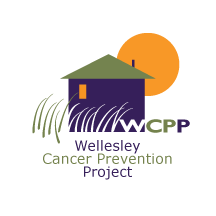Having cancer alters your life and the lives of those around you. The symptoms and side effects of the disease and its treatment may cause certain physical changes, but they can also affect the way you feel and how you live.
Here are some ways to help you or a loved one manage their cancer:
Adjusting to Cancer
Once the shock of cancer wears off, the process of making changes begins. You may have to rearrange tasks and routines in your life as you start treatment. Symptoms and side effects may take a toll. You may have to learn new ways of talking to your loved ones and to your health care team.
Follow this link to learn more about coping with cancer: https://www.cancer.gov/about-cancer/coping/feelings/anxiety-distress-pdq
Emotional Well-Being
Coping strategies reflect the process of coping and the ways of meeting goals and challenges. When managing cancer, you face many goals and challenges that can be physical, emotional, interpersonal and spiritual. However you are impacted, they all affect your quality of life, which has been disrupted by cancer. To face these personal challenges, one may adopt certain strategies that promote recovery and maintain emotional well-being. This can include facing the reality of cancer and death, maintaining hope, having a safe place to openly express your feelings, or turning to faith and prayer.
Confronting Terminal Illness as a Family
As any person with cancer knows, a cancer diagnosis also affects family members and friends. Sometimes, the complex feelings and lifestyle changes caused by cancer and its treatment become as overwhelming for others in your life as they are for you. Understanding the potential changes in the way you relate to specific family members and friends may help you take steps to grow healthy, mutually supportive relationships during this challenging time. Recognize the importance of communication.
Moving Towards End-of-Life Care
The period at the end of life is different for each person. Questions and concerns that family members have about the end of life should be discussed with each other, as well as with the health care team. Communication about end-of-life care and decision making during the final months of a person’s life are very important.
